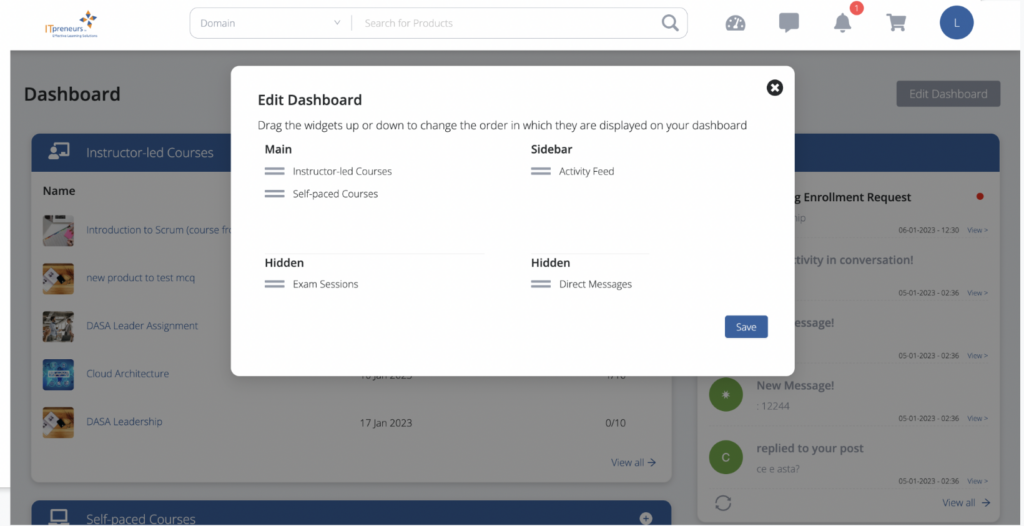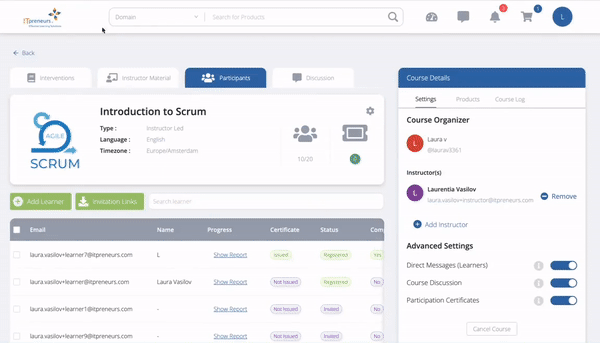One of my least favorite chores is emptying the dishwasher. Putting dishes into the cupboard and taking them out again (a few minutes later) does not make a lot of sense to me! But this is how we’ve organized the kitchen. To make the task more attractive, I make a game out of it: sometimes I try to do it as fast as possible, or with the least steps, with as many items in my hands as possible.
In essence, I’m playing this game for entertainment, but I’m also striving for operational excellence, i.e., what is the best process for emptying the dishwasher?
Best Practice
Operational excellence is what we all (or at least our managers) strive for in our professional lives. Finding the best procedures and documenting them is what we call Best Practices.
A Best Practice is a method or technique that has consistently shown results superior to those achieved by other means. Best Practice is used to describe the process of developing and following a standard way of doing things, one that many organizations can use.
Value of Certifications
Certifications were designed to validate that a professional has gained the necessary competencies to adopt a Best Practice. To achieve certification, a professional prepares for the exam by taking a training course. So, passing the exam proves that the professional is worthy of the certification and demonstrates that he or she has invested in their professional development and has increased their value in the market.
Meanwhile in Real Life…
We see that the value of certification doesn’t always work out as intended and that the certification doesn’t always reflect the competencies of the professional.
How come? It starts with having the right learners in the class. What’s their goal for attending the class and for gaining the certification? More often than we like, we find some learners are just in it for the certification and not to learn the subject. Their focus is to clear the exam and get a raise or find a (better) job. In some cases, they want to be able to execute a project for a client or comply with governmental regulations and requirements.
Another reason is the type of examination. How do 40 multiple-choice questions relate to practice? When did your boss ever quiz you with multiple-choice questions on the job? The setup of the exam process doesn’t necessarily make it attractive to design courseware or deliver the training with high relevance to practice. Unfortunately, this leads to (some) training programs that are highly focused on training for the exam and not on the understanding of the Best Practice itself.
Our job isn’t to help participants learn, it’s to help them solve real problems.
The final reason originates from the syllabi. For some Best practices, the owner determines very strict rules about the courseware and training delivery. For example, the training time is defined as three days in which to cover 35 topics in detail. This kind of time restraint requires a creative “think tank” to place all the subjects into an attractive course design. It also requires a highly experienced instructor; one who can pay attention to the questions and experiences of the individual learners while covering the mandatory content.
Design for the slowest learner, the biggest skeptic and the greatest collaborator.
Better Practitioners: It Is Possible
So, getting back to the title of this blog, Do certifications make better practitioners?
Yes, it’s most certainly possible. If that is, we explain and emphasize what the benefits are to being able to understand the subject matter and adopt the Best Practice. Attract the right audience and reiterate why they’ve chosen the course, the wisdom of their choice, and the benefits and outcomes when they return to their workplace.
In addition to lifelong learning or continuous learning programs, certification training is finding a solid place in the learning continuum. Next to non-certified learning, workshops, social and informal learning, the landscape of training and learning interventions is growing in the IT Best Practices Industry. The growing selection of learning interventions helps to win the right audience for certification training. And, it’s creating more space for personalized learning.
Finally, if we put our minds together and work with owners of Best Practices, accreditors, courseware provides, training and consultancy organizations, we can continuously improve the world of training and certifications.
About the author

Ellen studies the art of learning. Being a cognitive psychologist, she has the background and knowledge of the science of learning. Having the theoretical knowledge on how the brain works, how we store information and how we retrieve information helps her design and conceptualize innovative learning products. With her creative mind and feel for technology, she is able to turn concepts into products.
As an independent consultant, I advise and support organizations in developing and implementing learning experiences.



